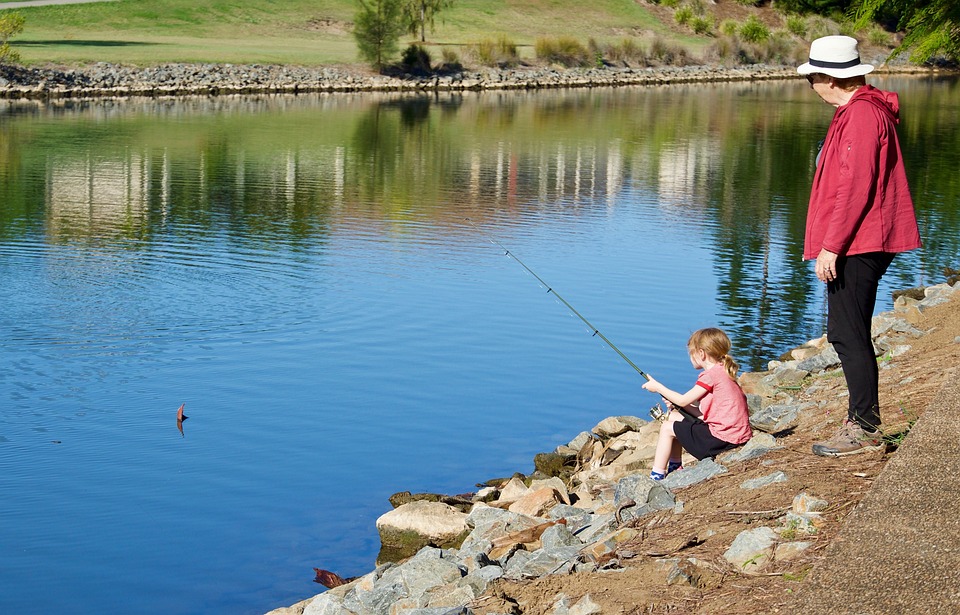Fish tank fish require a well-balanced diet to maintain their overall health and well-being. One crucial aspect of fish care is proper protein-based food portion control. Protein plays a vital role in fish tank fish health, including growth and development, immune system function, and vibrant colors. However, it is important to determine the ideal protein intake for your fish, taking into consideration species-specific requirements, factors like age, size, and activity level, and consulting fish care experts for guidance.
Overfeeding protein-based foods can lead to poor water quality, impacting fish digestion and potentially causing health issues. It is essential to avoid protein-based food waste accumulation to maintain a clean and healthy tank environment. Establishing a balanced protein-based diet involves choosing high-quality protein sources, incorporating variety in the diet, and supplementing with plant-based protein sources.
To address common questions about protein-based food portion control, the article provides FAQs. These include queries about the frequency of feeding fish a protein-based diet, whether it is better to feed fish once or multiple times a day, using live food as a protein source, signs of protein deficiency in fish, and preventing overfeeding and maintaining portion control.
Tailoring feeding frequency to your fish’s needs is crucial, and general guidelines for protein-based diet feeding frequency are provided. Considering the fish’s natural feeding behavior and balancing feeding frequency to avoid overfeeding are important factors to keep in mind. The article also discusses the pros and cons of using live food as a protein source and emphasizes the need to ensure the live food is safe and nutritious.
Signs of protein deficiency in fish, both physical symptoms and behavioral indications, are explained to help fish owners identify and address any inadequacies in their fish’s protein intake. Preventing overfeeding and maintaining portion control can be achieved by using proper measuring tools, monitoring fish behavior, and avoiding excessive treats and snacks.
In conclusion, providing the right amount of protein-based food is essential for the health and vitality of fish tank fish. Understanding the role of protein, determining the ideal intake, and implementing portion control are key steps in ensuring the well-being of aquatic friends. Consulting with experts in fish care is always recommended to tailor the fish’s diet to their specific needs. Happy fishkeeping!









